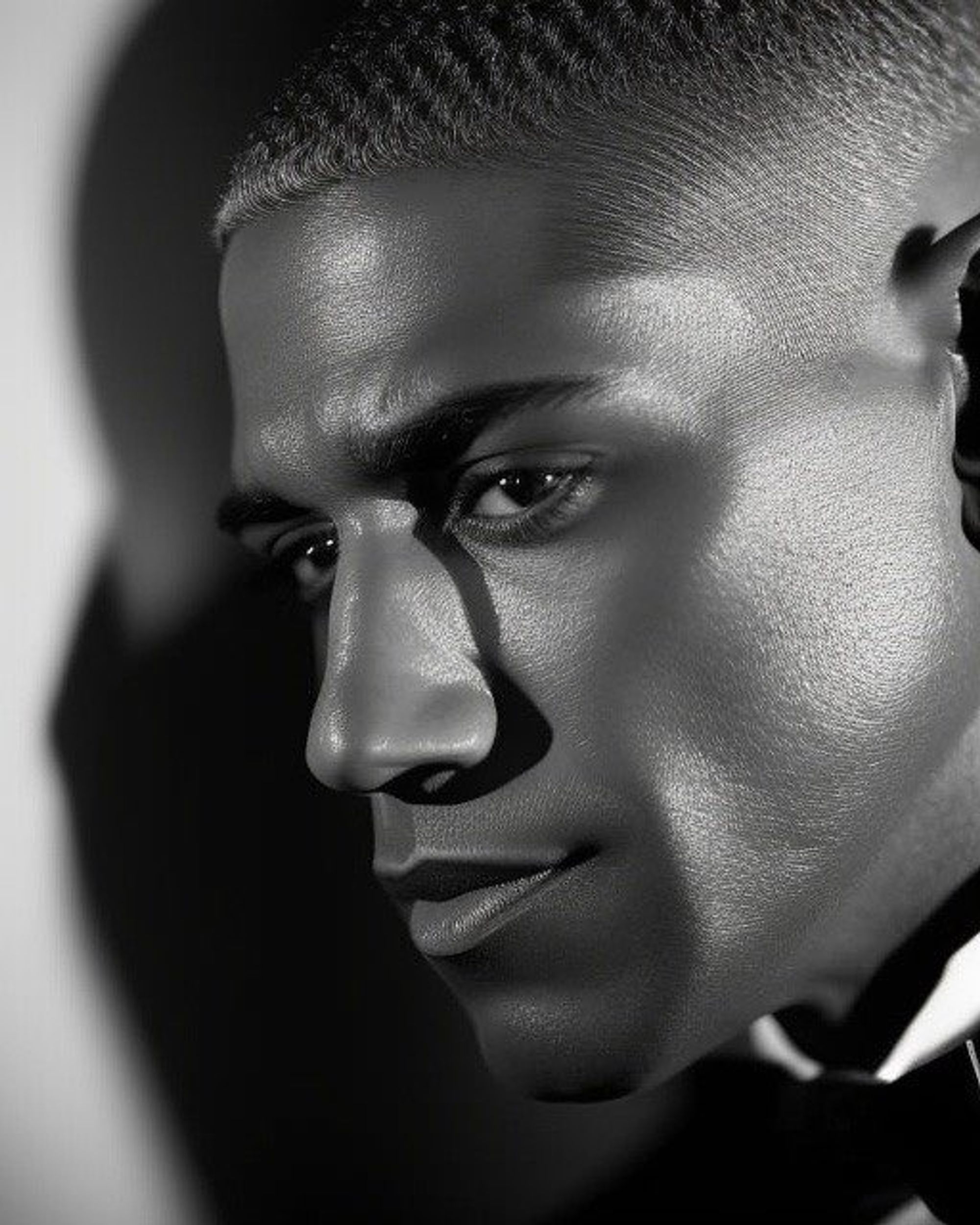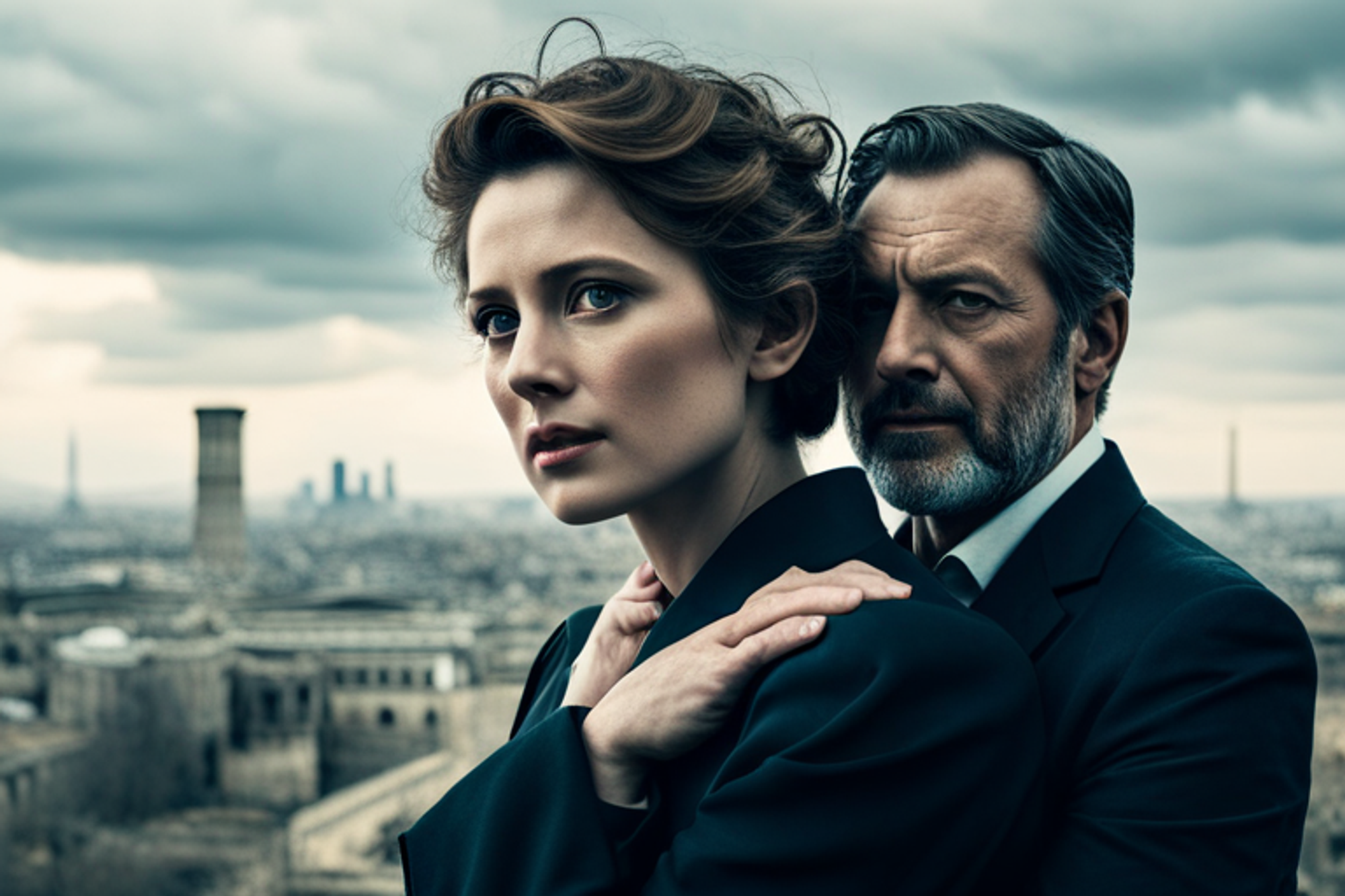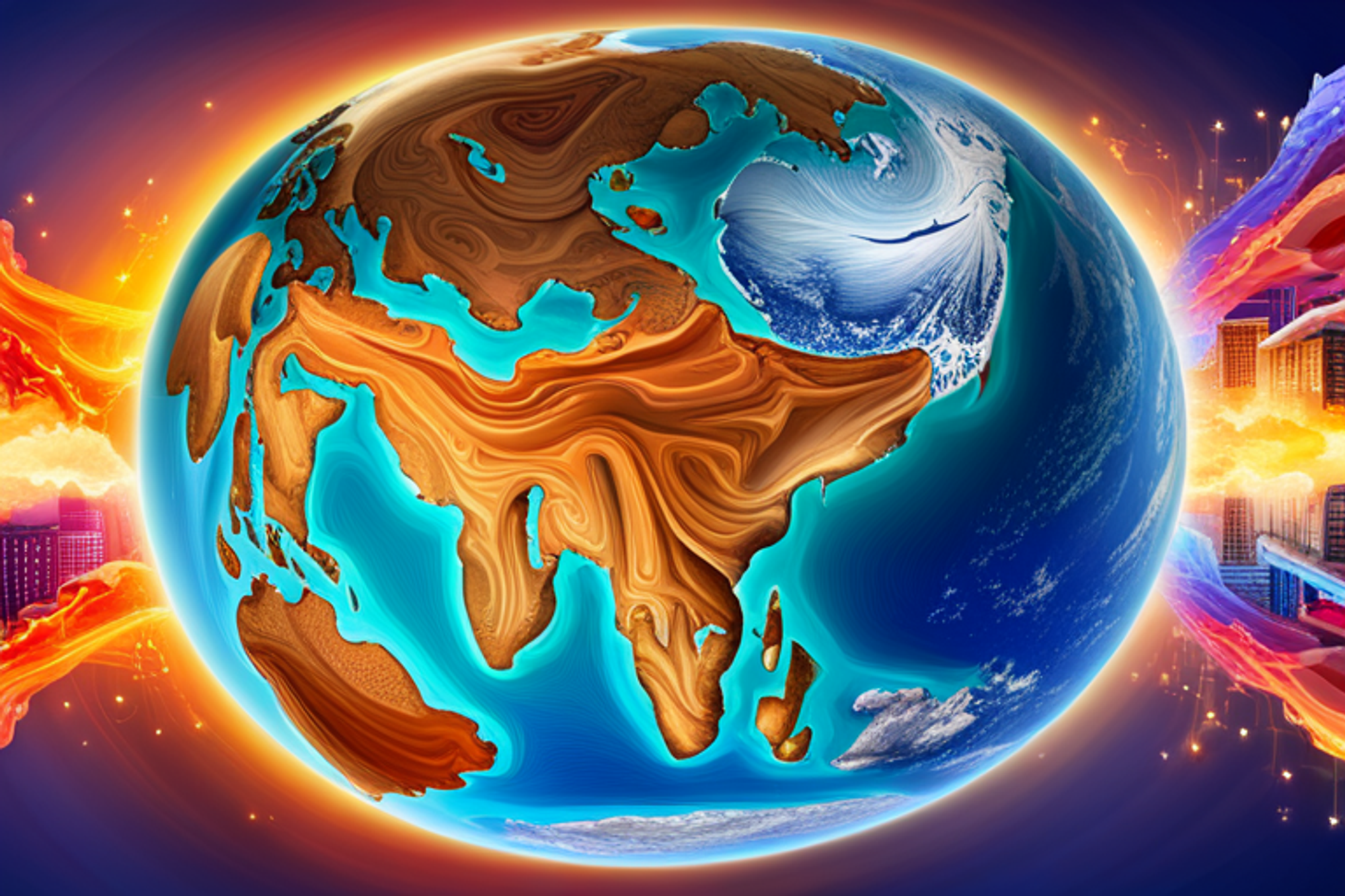
In a derivative of P.D. James' gripping novel, the 2006 dystopian action thriller film, "Children of Men" orchestrated by director Alfonso Cuarón, yields a compelling narrative, grounded by an alarming projection of humanity's future. This cinematic spectacle flings audiences into a society standing on the precipice of Armageddon, precipitated not by wars or natural disasters, but the stealthy arrival of rampant human infertility.
At the epicenter of this dystopia, we find civil servant, Theo Faron, portrayed deftly by Clive Owen. Together with a pregnant refugee, their lives twist and turn amid the chaos, a poignant exploration of hope against despair. Aided by the taut directions of Alfonso Cuarón, "Children of Men" reverberates with an unsettling resonance, almost impossible to ignore. This labyrinthine journey into the film's narrative is the subject of our exploration. Hold onto your seats, this stimulating article promises an exhilarating existential ride.
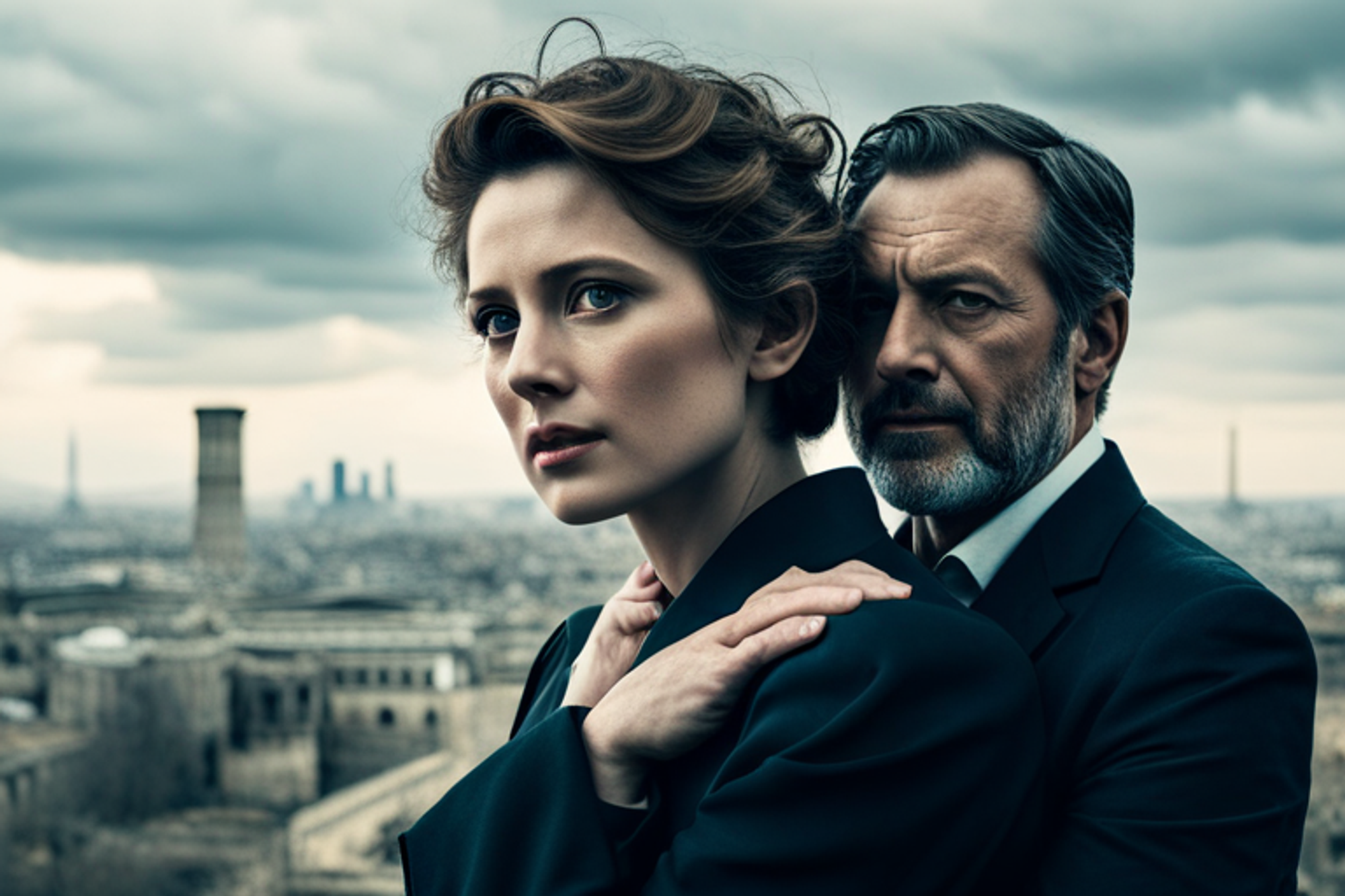
Theo Faron and Kee: A Compelling Narrative Link
Theo Faron is brought to life on-screen with convincing finesse by actor Clive Owen. As a civil servant, Theo is mired in a haunting visage of an infertile society running its course towards oblivion. Yet, it's his surprising transformation into an unwitting guardian that shifts gears in this dystopian saga. Theo's encounter with Kee, a pregnant refugee woman enacted by Clare-Hope Ashitey, marks a pivotal narrative link.
Their Journey: A Struggle for Survival and Compassion
Their journey weaves through the collapsed societal fabric, fraught with danger and uncertainty. Here, the film deftly tackles pressing real-life issues, specifically reflecting on the challenging experiences of asylum seekers and the implications of stringent immigration policies. Kee symbolizes the literal and metaphorical beacon of hope, her unborn child potentially being humanity's salvation. As such, she becomes a fulcrum around which much of the plot turns and the future hinges. The interplay between these two unlikely companions forms a compelling core of the film's narrative, spotlighting themes of survival, compassion, and courage.
Theo's Evolution: From Civil Servant to Brave Protector
Conclusively, Theo's evolution from a mild-mannered civil servant to a brave protector forms a compelling character arc intertwined with the deeper societal commentary within "Children of Men." Alfonso Cuarón's adept vision ensures that this dystopian journey holds a mirror to our own society, making the film as thought-provoking as it is entertaining.

The Dystopian Setting of "Children of Men"
The dystopian world of "Children of Men", set in 2027, presents a disturbingly plausible future where humanity faces impending extinction due to an epidemic of human infertility. This chillingly realistic portrayal sparks a chilling resonance that amplifies the film's impact.
A Society in Upheaval
The dystopian world depicted in "Children of Men" is eerily devoid of the laughter of children and filled with desolation. Power struggles, rampant crime, and a loss of hope are stark against the backdrop of an infertile world, reflecting a societal upheaval. This layered world-building adds depth to the narrative.
The Critical Theme of Human Infertility
Human infertility is a critical theme in "Children of Men". It creates a sense of inevitable doom and propels the plot and character development. The characters' conduct, motivations, and beliefs are molded by the grim reality of a world without children. The dystopian setting drives the narrative and shapes character arcs.
In conclusion, the dystopian setting of "Children of Men", characterized by human infertility, serves as a powerful narrative tool. It triggers an immersive world-building process that significantly impacts the plot progression and character development, exploring themes of despair and hope.
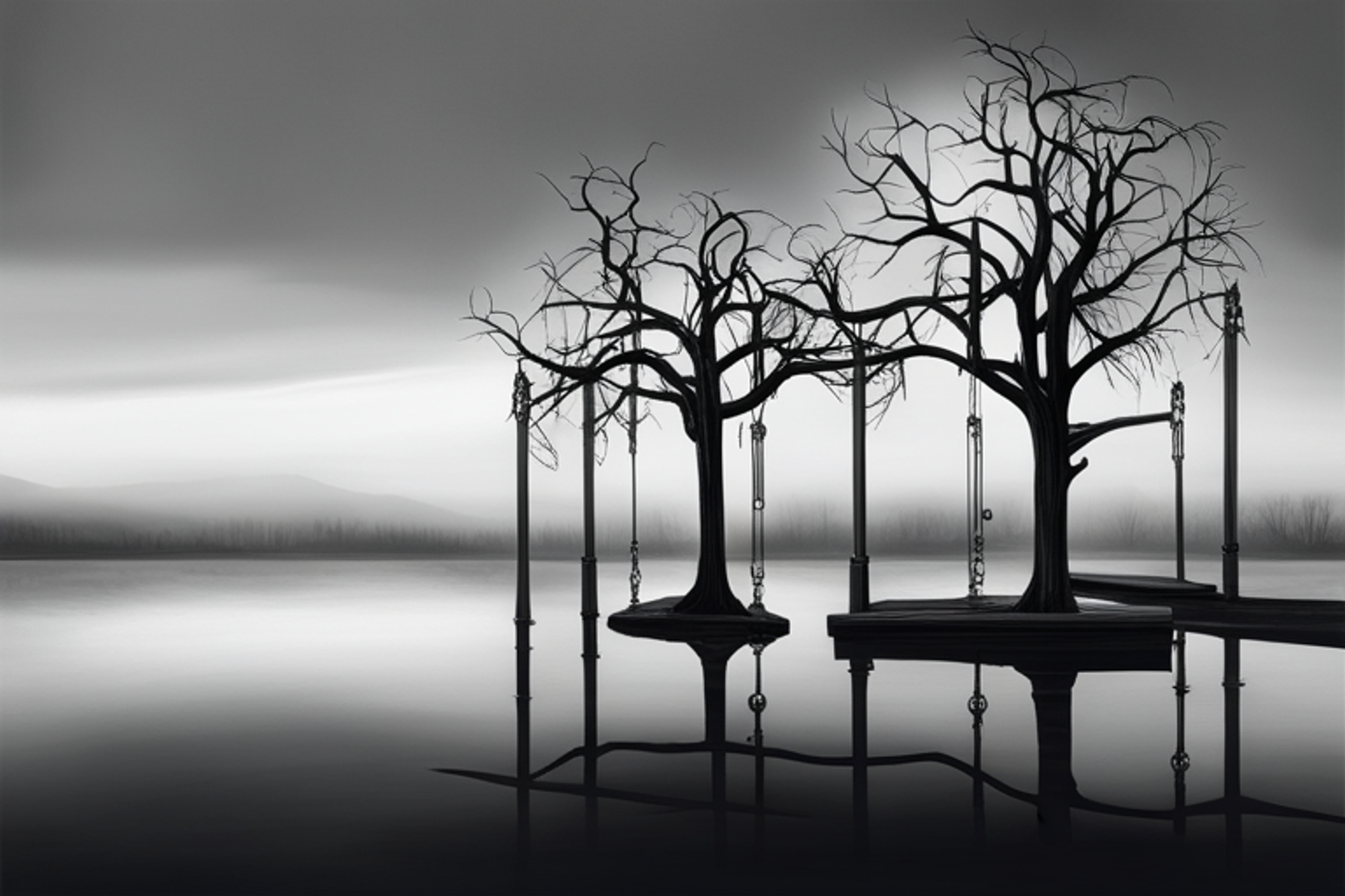
The Chilling Concept of Human Infertility
The core essence of "Children of Men" lies in the chillingly fatalistic concept of human infertility. On a superficial level, it implies a world without the typical cooing of infants or the joyous shrieks of children at play. Yet, delving deeper, it embodies an apprehension that envelopes humanity - a slow inexorable march towards extinction. The film raises questions about identity, purpose, and morality. When there are no future generations to inherit the world, what is left to fight, aspire, or even live for? Hence, the concept of human infertility is not just biological but also intrinsically philosophical.
Portraying the Societal Implications
"Children of Men" does not merely stop at posing these existential questions; it goes further, portraying the societal implications of such a reality. It captures a society on the brink of collapse, rife with unrest, violence, and disregard for human life. An atmosphere of dread hangs thickly over, people are mired in despair, grappling with the bitter truth - there is no future to look forward to. Incidents of suicide are rampant, governmental bodies enact repressive immigration policies, and refugees are treated with hostility and indifference.
The Spark of Hope
Amidst this anarchy and despair, the pregnancy of Kee - the first in years - kindles a spark of hope. However, it also becomes the bone of contention as competing groups vie for control over the pregnant woman, viewing her and her unborn child as a symbol of power and hope. Through these complex interactions, "Children of Men" presents the intricate nuances of human infertility and the myriad ways in which society grapples with this reality.
Hauntingly Riveting Representation
In summation, the representation of human infertility in "Children of Men" is hauntingly riveting. It is not merely a trope but a central pillar of the overarching narrative. It becomes a mirror reflecting the bleakness of a society without hope and exposes the proneness of human systems to crumble when faced with their mortality. This exploration of human infertility, layered with societal implications, is what makes this film a pivotal piece of dystopian cinema.
Questions about "Children of Men"
Q: Who directed the film "Children of Men"?
A: The film "Children of Men" was directed by Alfonso Cuarón.
Q: Who portrayed the character Theo Faron in the film?
A: Clive Owen portrayed the character Theo Faron in the film.
Q: What is the central premise of "Children of Men"?
A: The central premise of "Children of Men" is human infertility leading to the impending extinction of humanity.
Q: What is the significance of the character Kee in the film?
A: Kee, a pregnant refugee woman, serves as a symbol of hope and potential salvation for humanity in the film.
Q: What real-life issues does the film tackle?
A: The film tackles issues surrounding asylum seekers and the implications of stringent immigration policies.
Q: How does the character Theo evolve throughout the film?
A: Theo evolves from a mild-mannered civil servant to a brave protector throughout the film.
Q: What is the underlying theme of "Children of Men"?
A: The underlying theme of "Children of Men" revolves around the concept of hope in the face of despair and the consequences of a dystopian society grappling with human infertility.
Q: How does the film explore the implications of human infertility?
A: The film delves into the societal implications of human infertility by portraying a world on the brink of collapse, filled with unrest, violence, and a sense of hopelessness. It highlights the impact of a future without children on various aspects of society, including mental health, government policies, and the treatment of refugees.
Q: What role does Kee play in the narrative?
A: Kee, a pregnant refugee woman, serves as a symbol of hope and potential salvation for humanity in the film. Her pregnancy becomes a source of conflict and competition as different groups vie for control over her and her unborn child.
Q: How does Theo's character evolve throughout the film?
A: Theo starts as a disillusioned civil servant, but as the story progresses, he transforms into a courageous protector who fights for the well-being of Kee and her unborn child. His journey reflects a personal growth that is influenced by the harsh realities of the dystopian world.
Q: What real-life issues does "Children of Men" address?
A: "Children of Men" addresses real-life issues such as the treatment of asylum seekers and the consequences of strict immigration policies. It raises questions about compassion, empathy, and the moral obligations of society towards those seeking refuge.
Q: How does the film use the concept of human infertility to create a chilling atmosphere?
A: The film uses the concept of human infertility as a catalyst for a bleak and desolate atmosphere. The absence of children and the impending extinction of humanity add a sense of doom and despair to the narrative, amplifying the tension and highlighting the fragility of the world depicted in the film.
Q: What makes "Children of Men" a pivotal piece of dystopian cinema?
A: "Children of Men" stands out as a pivotal piece of dystopian cinema due to its thought-provoking exploration of societal collapse, the fragility of human systems, and the potential for hope in the face of despair. The film's powerful themes, compelling characters, and immersive world-building make it a significant contribution to the genre.
